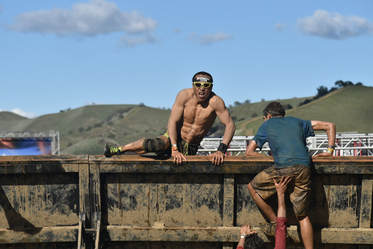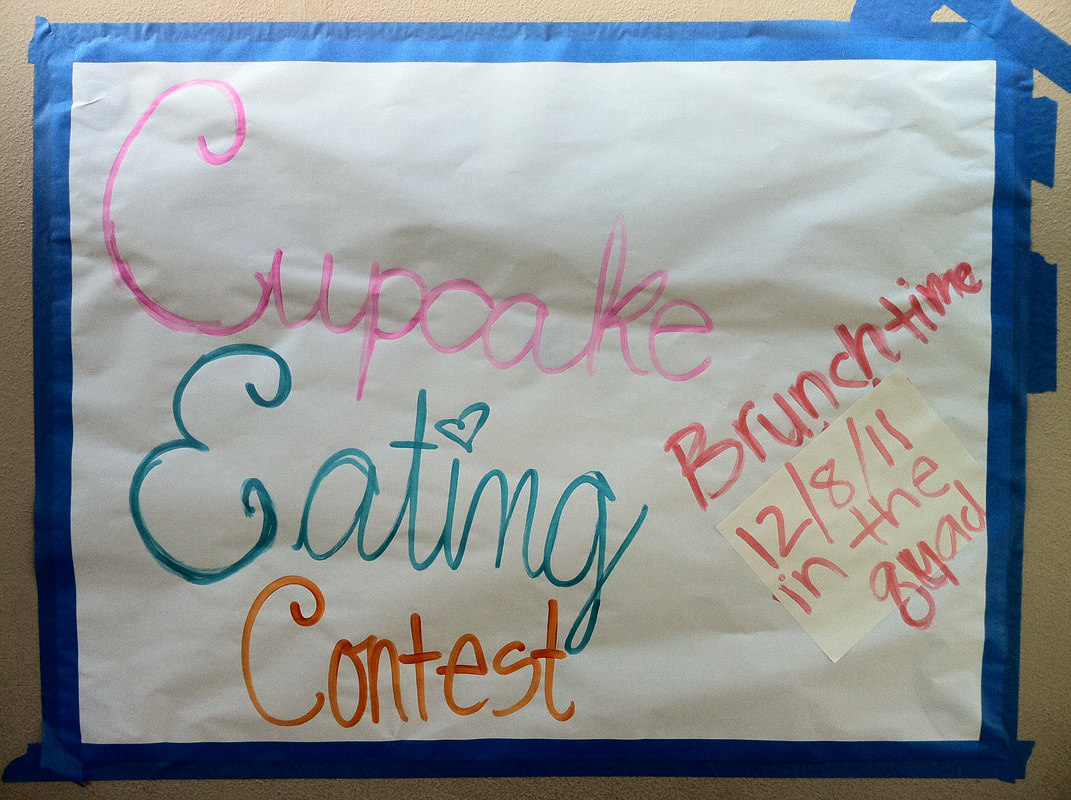I don't care about who was doing the Dry Needling or acupuncture as long as one is trained and licensed to perform such art. Please don't take my post as a personal offense or disrespect to a profession of PT or DC. As an acupuncturist and teacher myself, all I care about is why this happened and how I could prevent this from happening in my own practice and my interns'.
Pneumothorax happens to acupuncturists' practice as well and probably even more frequently. You can easily find the cases reported to acupuncture Board involving pneumothorax on its website. It's all about how much training, whether within scope of practice, how clinically competent the practitioner is...
For more details on the news, please follow the link at the end of this pot. Thanks!
Good luck needling!
Frank He, L. AC, QME, DAOM, Professor of Acupuncture
https://www.accessdata.fda.gov/scripts/cdrh/cfdocs/cfmaude/detail.cfm?mdrfoi__id=5383935



 RSS Feed
RSS Feed